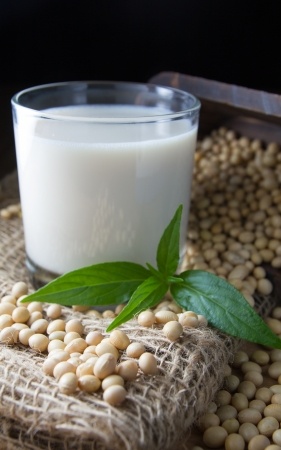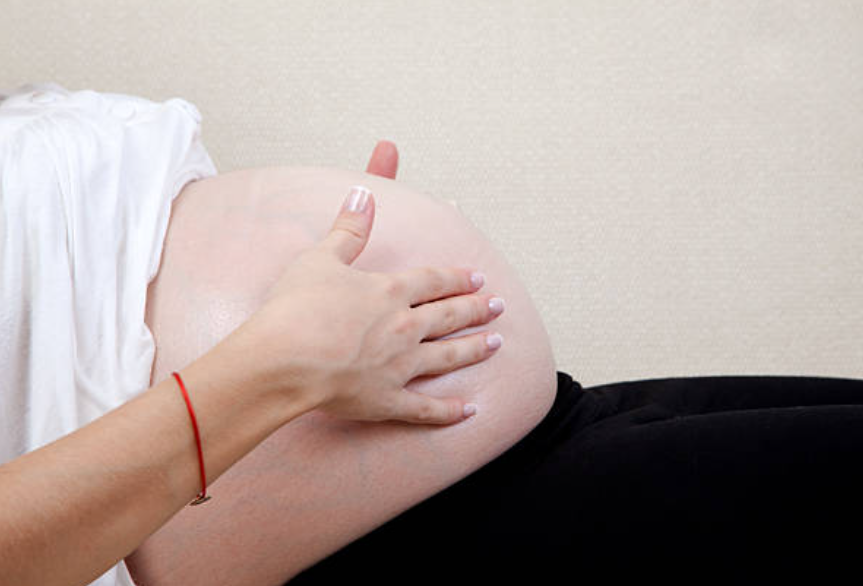Soy and Cancer Position Paper
Recent mechanistic understanding explains the epidemiological and clinical evidence which demonstrates the safe use of soy in preventing and treating cancer.
Conclusion
A considerable amount of epidemiological and human clinical data exists which demonstrates the safe use of dietary and supplemental soy in cancer. In issues as contentious as this, there will always be mixed opinions, however Practitioners are encouraged to rely on human studies that measure health outcomes when making clinical decisions.
Human studies that have specifically investigated the issue have found that soy does not increase the risk of cancer in healthy individuals, nor does it worsen the prognosis in active cancers. Inversely, soy isoflavones have been associated with decreased cancer development and exhibited direct abilities to inhibit cancer progression, metastasis and improve long-term survival. Based off these findings, it is not only safe, but recommended to use soy in oestrogen dependant cancers, such as breast and prostate, at doses consistent with traditional dietary consumption, 15 – 250 mg soy isoflavones per day.
For further information on this study please click link below:
Safety of Soy
The explosion of soy food and supplement use in the West has been accompanied by a wealth of positive scientific reports however soy has also been the subject of much criticism. This article is devoted to exploring some of the more common questions and concerns around the safety of soy in humans. Although it is difficult to draw firm conclusions from the wealth of scientific data, the information below offers some insight into the more common concerns.
Please click to find out more information regarding the following:
Will soy consumption in women influence cancer development and risk?
Is soy safe to consume alongside tamoxifen?
Is soy safe for use in infants?
Conclusion
Despite conflicting reports the current literature in its entirety supports the safety of diets based on soy or containing soy products in adults.
Not only is soygenerally considered safe, it also has the potential to assist in the management and prevention of and number of diseases including cardiovascular disease, menopausal symptoms, osteoporosis, and some cancers.
Soy foods, soy protein isolate or isoflavone containing supplements consumed at levels that mimic the
intake of isoflavones traditionally consumed in Asian countries could serve to enhance the nutritional value and health benefits of the western diet.
For further information on this study please click on the link below:




